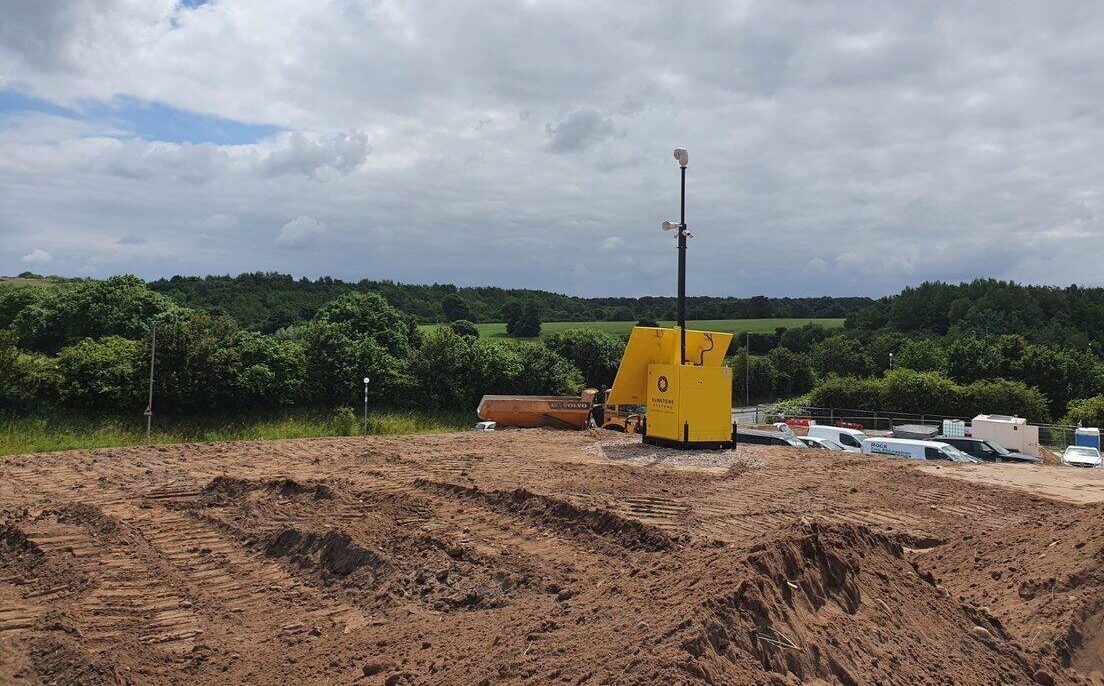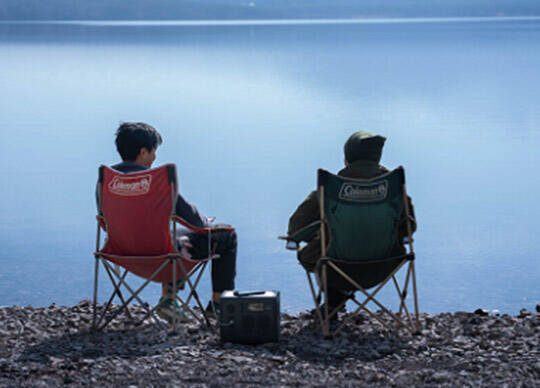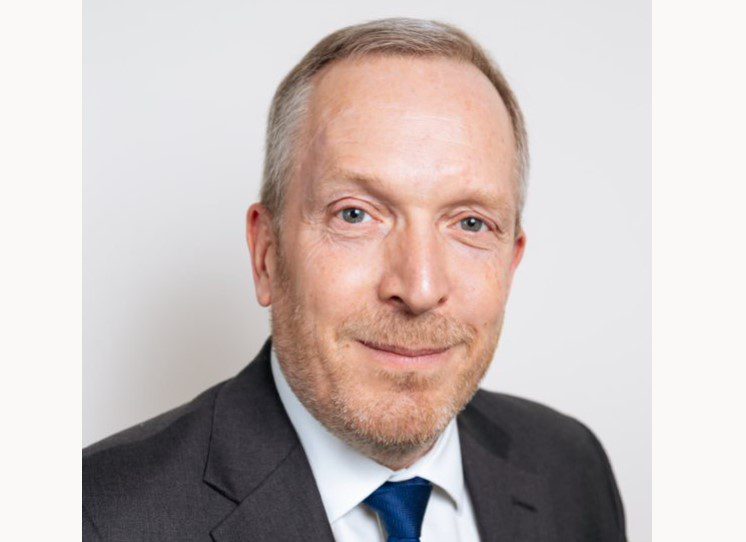
DCC Graeme Gerrard of Cheshire Constabulary has expressed his disappointment that the Protection of Freedoms Bill doesn’t do anything to regulate private CCTV.
The Protection of Freedoms Bill was the subject of hearings at the Public Bill Committees on Tuesday in the House of Commons. Representatives from ACPO including DCC Graeme Gerrard (the ACPO lead on CCTV) testified before the committee.
Of 1.85 million cameras in the UK, only 2 per cent or approximately 35,000 are so-called public CCTV cameras watching public spaces. The vast majority – 92 per cent – are privately owned. The balance of 6 per cent monitor buses and trains.
Despite this, the Protection of Freedoms Bill makes no provision to regulate private CCTV cameras, even though this is where the bulk of police CCTV evidence comes from.
Gerrard was diplomatic in his criticism: “We are… slightly disappointed that it appears that the police and local authorities, certainly in the initial stages, are the only agencies that will have to have regard to the surveillance camera code. When we wrote the [National CCTV Strategy – October 2007], our concern was not, as you will understand, about our use of CCTV; it was about the poor quality of images that we were getting from agencies other than local authorities and ourselves, where we can control the quality.”
Wider than police
Vernon Coaker, MP for Gedling (Labour), asked if Gerrard thought the proposed legislation should cover more than police and local authorities.
Gerrard replied: “Yes, it is our view that the provision should go wider than the police service. The police service works very closely with local authorities, in partnership, and in the main is very pleased with the quality of the images that they provide to us. However, the vast majority of images that we seize through the evidential process are not from local authority systems or police systems; they are from private systems.”
He expressed concern that the police are asked to process a significant number of images from private systems.
Coaker then asked about the regulatory regime for CCTV: would there be a conflict between the new CCTV camera commission and the Information Commissioner because of the overlap? Would it be better to combine the two into one? (A question asked in a recent SND editor’s viewpoint)
Gerrard accepted that there was bound to be some overlap between the two commissioners and suggested that there is an opportunity to have a joint code of practice for CCTV.
All-in-one
Tom Watson, MP for West Bromwich East (Labour) asked if it wouldn’t make more sense to wrap all the commissioners into one, so that there was clarity for the industry and the public would know who to go to if they had a question or complaint? And he added, “We would not have the Government creating all sorts of waste by recreating five different organisations that all need new offices.”
Gerrard didn’t exactly duck the question but you might think he could have offered more of an opinion: “That depends on whether there is significant duplication between the role of this commissioner and any other commissioner. Until such time as we see the codes of practice and the detail, it is difficult for me to say.”
Then followed an oblique exchange with Nicola Blackwood, MP for Oxford West and Abingdon (Conservative). She asked:
“Mr Gerrard, you have mentioned a number of times that you do not want to pass comment until you see the codes of practice, and that the devil will be in the detail. I take it that you are making clear to the Home Office what you would like to see in the codes of practice and what your concerns are, and that you are fully consulting on what you would like to see in those codes of practice, so that the Home Office has every opportunity to give you a fully functioning code of practice that you approve of entirely.”
To which Gerrard replied: “That would be very nice.”
Blackwood: “Have you met the Minister on this subject?”
Gerrard didn’t answer the question directly: “Obviously, we have been consulted. We are one of the statutory bodies subject to the consultation. I am consulting the rest of my colleagues around the country. It will be my job to co-ordinate that consultation for the rest of the service. At the moment, I am entirely happy with the way I am being consulted about it. I wait to see the results of the consultation.”
The committee then moved onto other matters.
External links
Transcript of the Public Bills Committee 22 March 2011



























